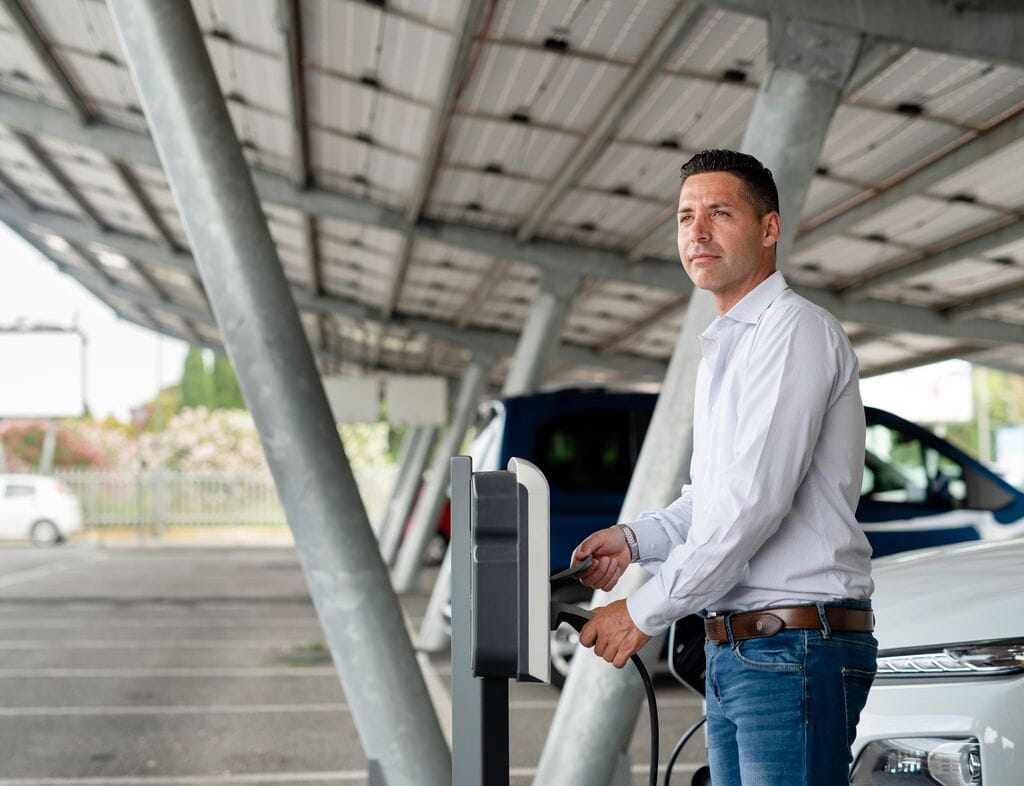
Hybrid vs. electric - What's the difference?
Electric vehicles are here to stay. And the good news is that there are a lot of ways to go electric. But what's the difference between a hybrid, a plug-in hybrid and a fully electric car? Find out below.
All things hybrid
Hybrid cars run on a combination of petrol- or diesel-powered internal combustion engine (ICE), an electric motor and a battery. There are two types of hybrid cars, that work slightly differently; parallel hybrids and plug-in hybrids.
Parallel hybrid
A parallel or series hybrid is the most common type of hybrid. The car runs on a combination of an electric and fuel-powered motor. When pulling away and up to 25 km/h, only the electric motor is activated, making a hybrid ideal for city driving. The petrol engine kicks in as speed increases and the electric motor is charged while you drive.
Popular parallel hybrids are:

Toyota Prius

Lexus UX

Kia Niro Hybrid
Plug-in hybrid
A plug-in hybrid EV (or PHEV) has a combustion engine and a battery, just like a hybrid. But besides recharging while you're on the road, you can also plug a PHEV into a normal household power outlet or an EV charging station to recharge your battery. This way, plug-in hybrids have a much longer range than parallel hybrid cars.
Plug-in hybrids include:

Volkswagen Passat GTE

Mitsubishi Outlander PHEV

Hyundai Ioniq
100% Electric - 100% explained
A fully electric car is powered by a big battery with at least one electric drive motor connected to it. No petrol, gas or diesel - no problem!
Purely electric vehicles are becoming more and more common and affordable, thanks to rapidly developing technology from relatively new companies like Tesla but also established brands like Audi and Nissan.
The charging infrastructure and technology is also constantly improving, with fast increasing coverage in North America, Europe and China.
As costs go down, new brands and models enter the market monthly and range anxiety lessens with each new super-charge station built - going electric has never been easier or more attractive.
Popular EV's include:

Tesla Model 3

Audi e-tron

Nissan LEAF
Why switch to EV or hybrid?
- Lower fuel costs
Hybrids consume less traditional fuel and EV's use none. In general, electricity prices are lower than fuel prices per km and fluctuate less.
- Lower operating costs
EV engines require less repair and maintenance than the more complicated internal combustion engines.
- Other benefits
Both electric and hybrid vehicles have certain advantages associated with them to help speed up the energy transition such as no toll charges, as well as free and/or preferential parking.



